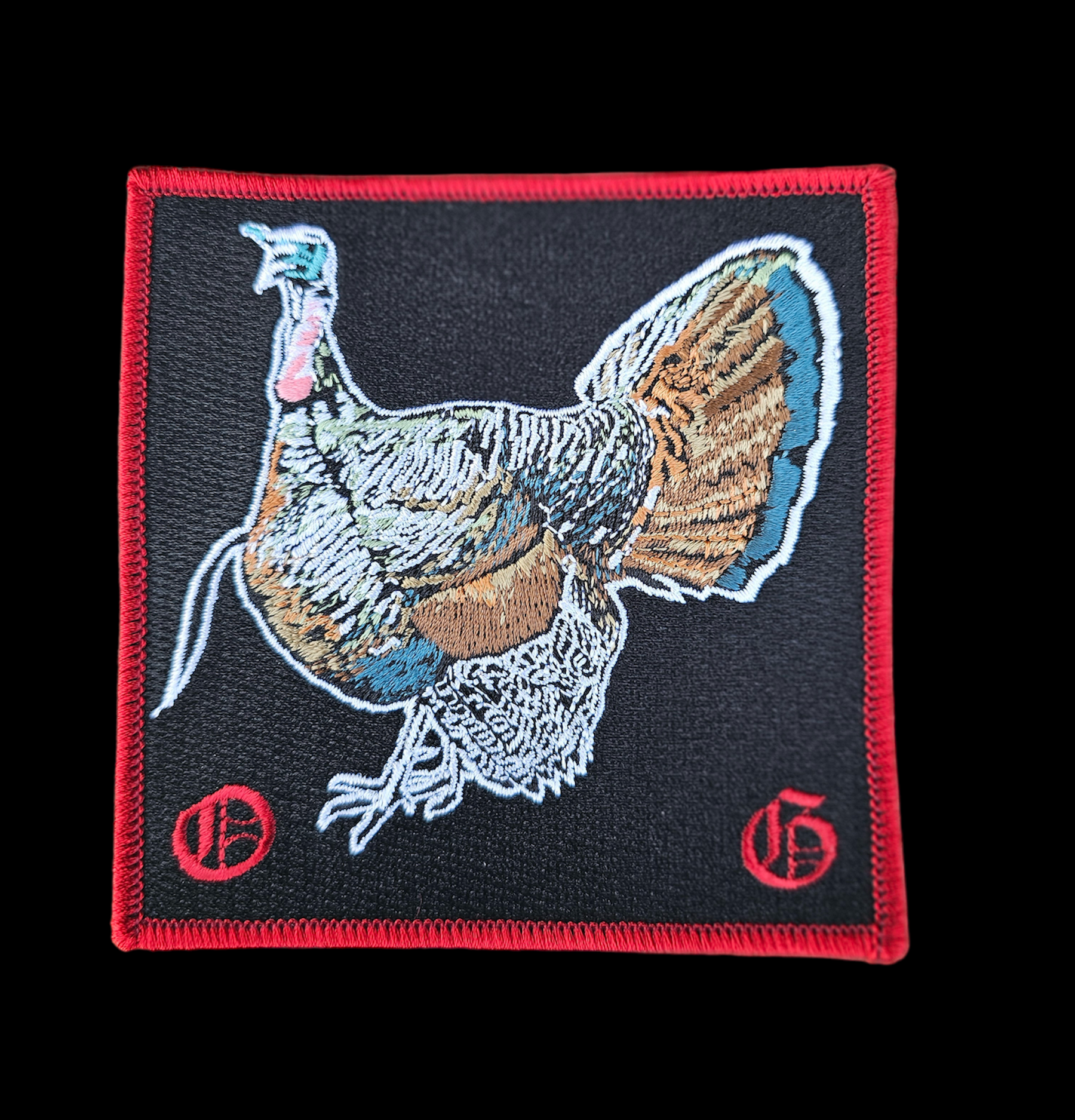       |
Turkey hunting forum for turkey hunting tipsThe world needs to eat less meat to save the planet
Hunting pressure...... How does it affect your hunting area?Started by WyoHunter, May 19, 2011, 06:47:02 PM Previous topic - Next topic
User actions
|